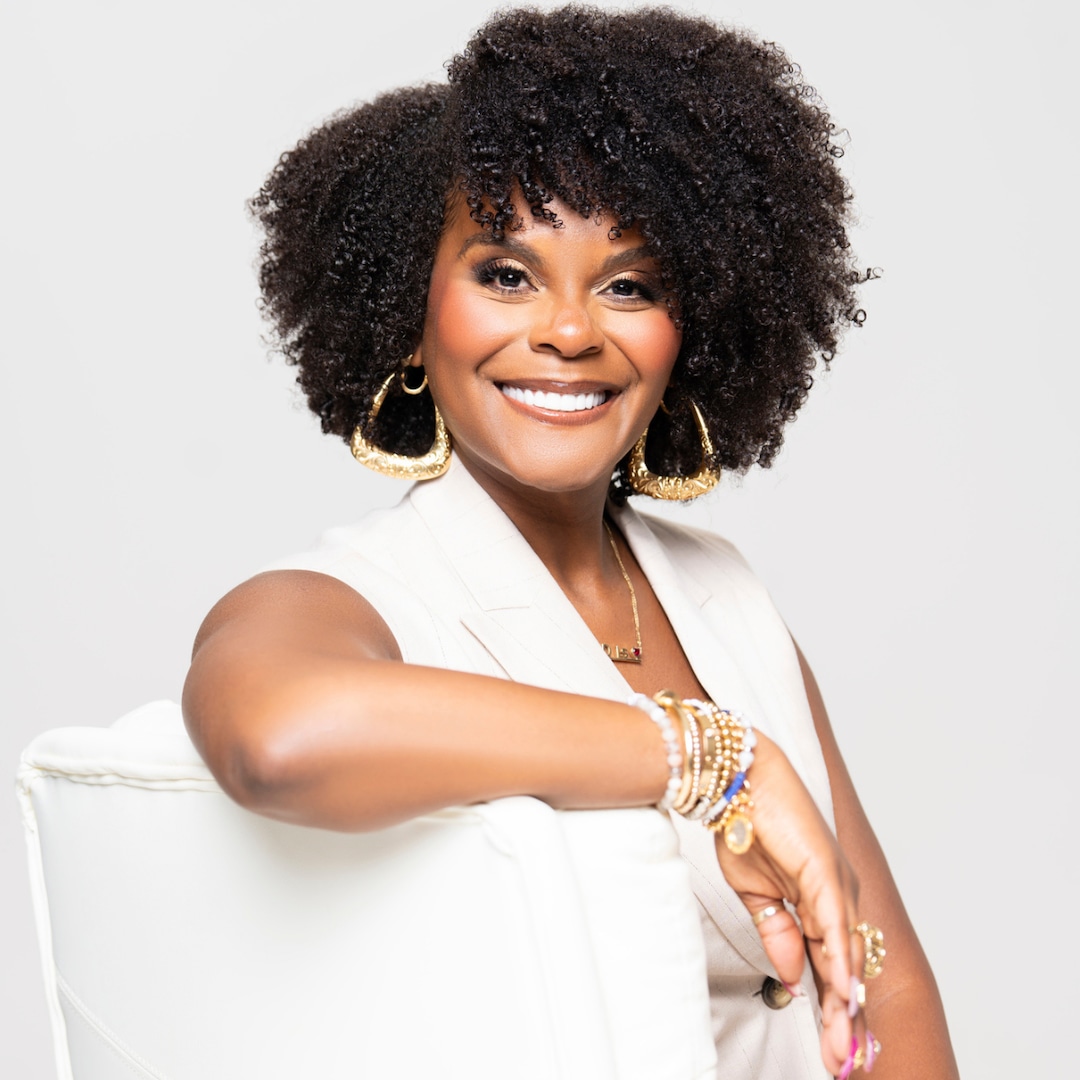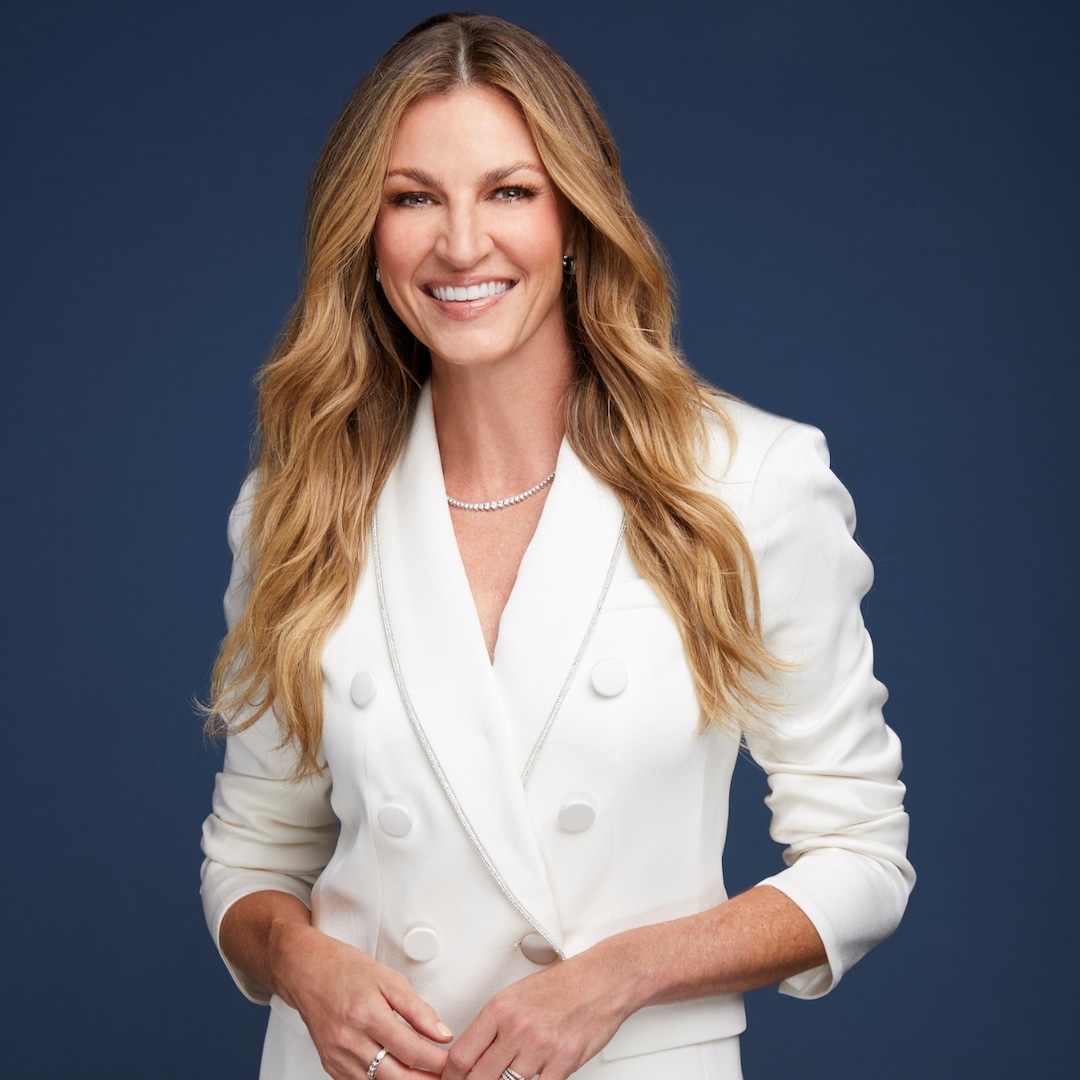‘Under The Volcano’ Director Damian Kocur On Poland Oscar Entry
Although it has been the subject of many acclaimed documentaries, Russia’s invasion of Ukraine in 2022 has yielded very little in the way of fiction. Damian Kocur’s Under the Volcano, which has been chosen as Poland’s official submission for this year’s Best International Feature Oscar, is unusual in that it takes place entirely on the Spanish island of Tenerife. In defiance of the impending war, the Kovalenko family have decided to take their vacation anyway. But even without the events that are about to unfold, the trip is awkward for all concerned, as father Roman (Roman Lutsky) has brought his new wife Anastasiia (Anastasiia Karpenko), much to the disgust of his teenage daughter Sofiia (Sofiia Berezovska), who is forced to babysit her little brother Fedir (Fedir Pugachov).
Flanked by producers Mikołaj Lizut and Agnieszka Jastrzębska at Deadline’s Contenders Film: International award-season event, Kocur spoke about the film’s evolution.
“The inspiration for the film came from a German newspaper, about a Ukrainian family that were spending the vacation somewhere outside Ukraine when the war started in February ’24,” said Kocur. “That was the starting point for writing. It’s a fictional story, but I was researching a lot. I was talking to the Ukrainians that were in similar situations, so I kind of collected all of those stories and put them in one place, so to speak. Many scenes were based on some people’s [actual] experiences.”
RELATED: Contenders International — Deadline’s Complete Coverage
Key to the film’s success is the Kovalenkos, who jell so well that it seems, at first sight, that Kocur might have hired an actual family. “We had a very classical casting [process],” he explained. “We hired two casting directors, two Ukrainians. One was doing it remotely — she was living in Portugal at the time — and the second casting director was in Kyiv, so we did street casting as well. We’d been looking for professional actors in theaters also, and at the beginning I was more into [the idea of] working with non-professionals. I soon realized that maybe we should cast professional actors. But the main protagonist, Sofiia Berezovska, is a non-professional. It was her first experience on a full-length feature, because I’d cast her for a very small scene for the episode in the short film we made a year before [As it Was, in 2023].”
Similarly, there’s a sense of spontaneity that suggests the film was more improvised than it actually was. “There was a proper script,” said Kocur, “but I wasn’t always following the script so much — I was following, I would say, the emotion [of it]. Most of the scenes were very precisely written. But I was always trying to achieve a certain level of realism, so that you could really believe in the story.”
RELATED: Best International Feature Film Oscar Winners Through The Years: Photo Gallery
Under the Volcano had its world premiere at the Toronto Film Festival and became a fixture on the autumn festival circuit, where it competed in London, São Paolo, Marrakech, Warsaw and more. “I’ve been traveling with the film for the last couple of months, since Toronto,” said Kocur, “and I’m really impressed by what people are focusing on. We’re just not talking about political issues; people are very into the method of filmmaking. Even normal viewers, not filmmakers.”
For Jastrzębska, part of the film’s appeal is Kocur’s decision to keep the war out of sight, but not out of mind. “I think the very important thing is the way Damian decided to show the war without showing the war,” she said, “with no bombs, and with no army. I think it’s a very interesting point of view that everything is happening without [Kocur] showing it directly.”
For Kocur, there was a sense of duty in making this film. “We’re Polish so this is not our war,” he said. “I’ll leave [the Ukrainians] to make a film about it, and there will be films about it for sure in the near future, I hope. But for now, they don’t have the possibility of making films, because of the financial issues they’re facing and because of the war itself. So, I thought we had an obligation, and I think that’s also one of the reasons why the Oscar committee in Poland picked our film.”
Check back Monday for the panel video.
Source link


![How do you get your news? Tell us and help to create the future of local news. [column] | Local Voices](https://bloximages.newyork1.vip.townnews.com/lancasteronline.com/content/tncms/assets/v3/editorial/9/3d/93d62c0e-be29-11ef-bea3-e39c4295da8f/67644f8dce0d2.image.png?crop=1440%2C756%2C0%2C342&resize=1200%2C630&order=crop%2Cresize)
